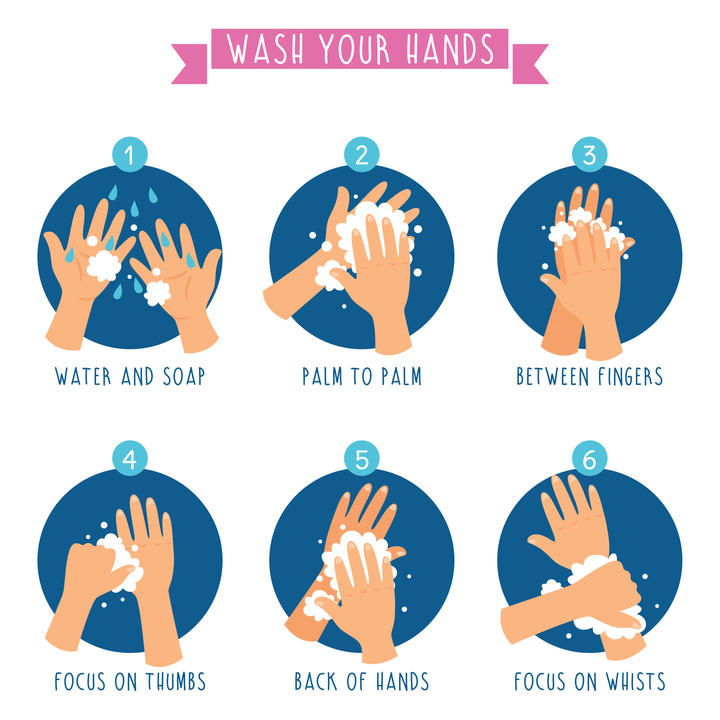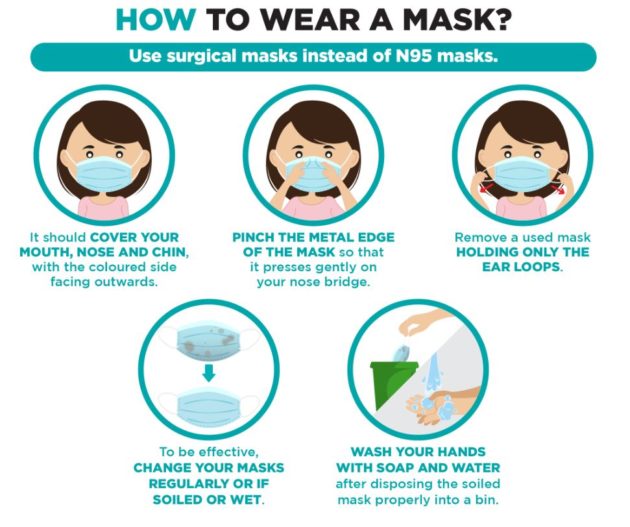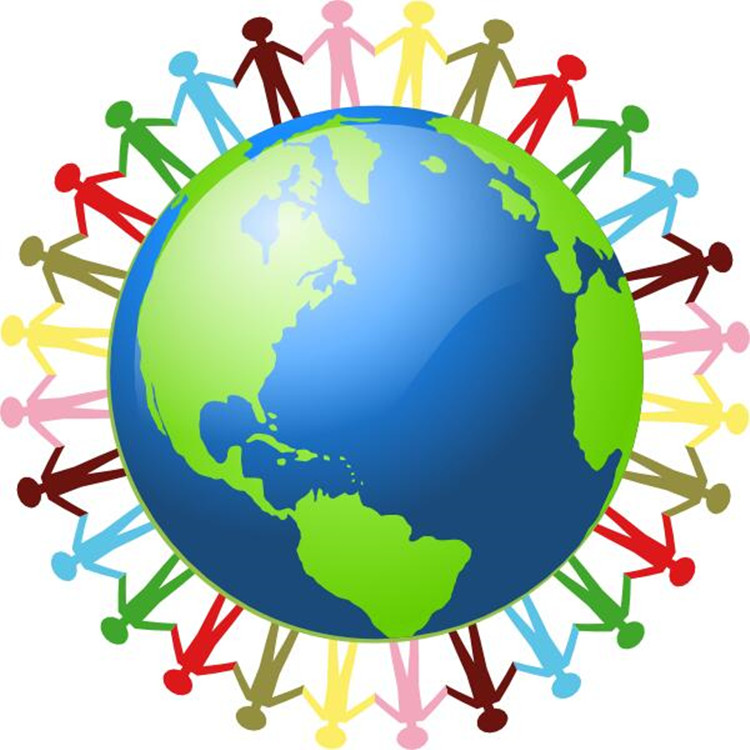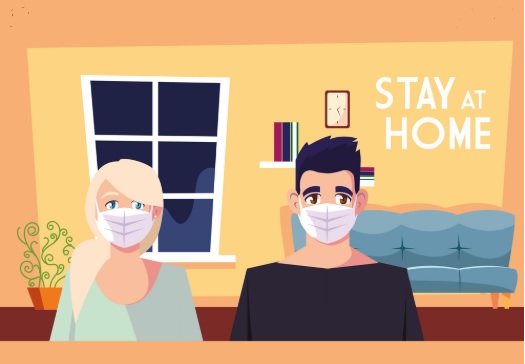Protect Yourself and Others from Coronavirus
puntos de vista : 6480
tiempo de actualizacion : 2020-03-26 14:20:50
To protect yourself and others from coronavirus (COVID-19) it’s important to think about how the virus spread.
Coronavirus spread in sneeze or cough droplets. To infect you, it has to get from an infected person's nose or mouth into your eyes, nose or mouth. This can be direct or indirect (on hands, objects, surfaces). Keep this in mind. It will help you remember all the things you need to do to protect yourself and others from the virus.
Some of the things you can do
keep a space of 2 metres (6.5 feet) between you and other people
reduce physical interactions with people
reduce the number of people you meet every day
avoid communal sleeping areas
avoid crowded places
work from home unless it is essential that you go to your workplace
Follow this advice as strictly as possible and encourage others to follow this advice too.
Wash your hands properly and often.
Cover your mouth and nose with a tissue or your sleeve when you cough and sneeze.
Put used tissues into a bin and wash your hands.
Clean and disinfect frequently touched objects and surfaces.
Avoid close contact with people - keep a distance of 2 metres (6.5 feet) between you and others.
Avoid crowded places, especially indoors.
Stay at home if you are sick to help stop the spread of whatever infection you may have.

Disposable gloves are worn in medical settings. They are not as effective in daily life.
Wearing disposable gloves can give you a false sense of security.
You might:
Sick people will be advised by their doctor when to use a mask. Healthcare workers need masks and other personal protective equipment to protect them from infection during their work.

If you need some help, you can also contact us. Let's stay united and fight the virus together.
We believe everything will be better!

Coronavirus spread in sneeze or cough droplets. To infect you, it has to get from an infected person's nose or mouth into your eyes, nose or mouth. This can be direct or indirect (on hands, objects, surfaces). Keep this in mind. It will help you remember all the things you need to do to protect yourself and others from the virus.
Social distancing
Social distancing is important to help slow the spread of coronavirus. It does this by minimising contact between potentially infected individuals and healthy individuals.Some of the things you can do
keep a space of 2 metres (6.5 feet) between you and other people
reduce physical interactions with people
reduce the number of people you meet every day
avoid communal sleeping areas
avoid crowded places
work from home unless it is essential that you go to your workplace
Help slow the spread of coronavirus
To help slow the spread of coronavirus:- anyone who has symptoms should behave as if they have the virus and self-isolate for 14 days
- everyone should limit unnecessary social contact as much as possible
- at risk-groups should avoid close contact with people outside the home

How to protect yourself and others from coronavirus
Follow this advice as strictly as possible and encourage others to follow this advice too.Wash your hands properly and often.
Cover your mouth and nose with a tissue or your sleeve when you cough and sneeze.
Put used tissues into a bin and wash your hands.
Clean and disinfect frequently touched objects and surfaces.
Avoid close contact with people - keep a distance of 2 metres (6.5 feet) between you and others.
Avoid crowded places, especially indoors.
Stay at home if you are sick to help stop the spread of whatever infection you may have.

Wash your hands properly and often
You should wash your hands:- after coughing or sneezing
- before and after eating
- before and after preparing food
- if you were in contact with someone who has a fever or respiratory symptoms (cough, shortness of breath, difficulty breathing)
- before and after being on public transport if you must use it
- before and after being in a crowd (especially an indoor crowd)
- when you arrive and leave buildings including your home or anyone else's home
- if you have handled animals or animal waste
- before having a cigarette or vaping
- if your hands are dirty
- after toilet use
Disposable gloves
Do not wear disposable gloves instead of washing your hands. The virus gets on them in the same way it gets on your hands. Also, your hands can get contaminated when you take them off.Disposable gloves are worn in medical settings. They are not as effective in daily life.
Wearing disposable gloves can give you a false sense of security.
You might:
- sneeze or cough into the gloves - this creates a new surface for the virus to live on
- contaminate yourself when taking off the gloves or touching surfaces
- not wash your hands as often as you need to and touch your face with contaminated gloves
Face masks
Using masks is unlikely to be of any benefit if you are not sick.Sick people will be advised by their doctor when to use a mask. Healthcare workers need masks and other personal protective equipment to protect them from infection during their work.

Keeping well
Infectious disease outbreaks like coronavirus (COVID-19) can be worrying. This can affect your mental health.If you need some help, you can also contact us. Let's stay united and fight the virus together.
We believe everything will be better!

Anterior :
Warm-Hearted-Action—Masks Gifts for Our Customers
Posterior :
MiFo- #gripsocks #antislipsocks supplier
Related Noticias

Our Newestv Designs of Trampoline Socks
Jul .08.2020
If you want design grip socks with your own logo, welcome to contact us. We have supplied non slip socks for over 200 trampoline parks all over the world.

Tomorrow will be better
Jun .11.2020
A few months after the epidemic ended, China's economy and daily life had returned to normal. Many entertainment venues have gradually reopened. The trampoline park is one of the main places for entertainment. And they're back in business now.
I have sel
I have sel

